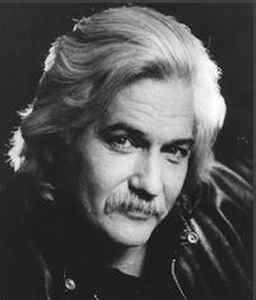
FEVER IN THE FUNK HOUSE: THE BIOGRAPHY OF JIMMY MILLER
PROLOGE
pro·logue/ˈprōˌlôɡ/ noun
- a separate introductory section of a literary or musical work.
Has there ever been a book on a major record producer that became a best seller?
Jimmy Miller is the Alfred Hitchcock of record production, the Jean-Luc Godard, a world-class talent that slipped through the cracks despite creating some of the greatest rock and roll of all time.
Let It Bleed, Honky Tonk Women, Jumpin’ Jack Flash, Beggar’s Banquet, Sticky Fingers, Exile On Main Street. These multi-platinum recordings – the multi-platinum albums, have an obsessed audience. It is a good starting point for a book about the man who directed those vinyl “movies.”
I am in the dungeon of 30 Dragon Court, Woburn, Massachusetts at the Vox Continental playing the Rolling Stones “Shine a Light” from Exile On Main St. The man behind the drums is Jimmy Miller, the fellow who played the same on the record. It is 1983 and we are embarking on the production of my third French album, The Intuition Element.
Being the first album artist that Patrick Mathe’ signed to Flamingo/Carrere, the eventual New Rose/RCA – New Rose/Musidisc label, I was now the A & R man as well. Just the year before Ahmet Ertegun himself set up and appointment for me with the A & R Department at Atlantic, 1982. “The Troggs? Wild Thing” Ahmet said to me on the phone, impressed with our ever-growing catalog of name acts. Albums by the Saints, The Troggs and many others were with me.
While in New York I phoned up Marcy Drexler at Arista. “Waddya want” she said sarcastically into the phone, I don’t have the time.” Fine, I said, I’m meeting with Dick Steinberg at 10 AM at Atlantic, he’ll get the first shot.” Marcy immediately made an appointment and was very friendly, actually, when we got to the office. Handsome Eric Brown (deceased in November of 2023, sad to say, brilliant on the axe) was 17 and was my guitarist, and Marcy took to us both right away. Especially Eric. Her phone then rings, “Waddya want.” We laughed. It was all an act to get rid of the riff raff.
As A & R for New Rose I signed Willie “Loco” Alexander to New Rose/RCA after his two album stint on MCA worldwide. The band was, unfortunately, sedated by the production on their two discs, a shame as they were so powerful and wonderful. And Loco was in the last remnants of the Velvet Underground with Doug Yule and Maureen Tucker. In fact, I produced the recording of the Velvets second to final ever gig which came out on a Japanese label as Final V.U., without my authorization.
Willie had total freedom to produce himself on New Rose (yes, I have the final MCA demos when Willie and his band did competing tapes to try to salvage the promised third album.) Lisa Burns kinda sorta got to release it with Willie’s Boom Boom Band backing her up. I was the “roadie” for a day, picking up the equipment at Suntreader in Vermont where Craig Leon was producing.
- * * * *
Yes, this is Jimmy Miller’s story, but the set up is important as my gig at New Rose – and my being a recording artist on the label, is how I got to meet and manage Jimmy Miller almost immediately.
______________________________
Jim Nestor was manager of the band The Daughters, and they were back-up band for Johnny Thunders of the NY Dolls. They were also signed to my label, Varulven, and we had become part of the Boston Rock and Roll family together, more so because of the label ties.
Nestor came to me with the Thunders’ tapes produced by Jimmy Miller. They were very good. Indeed, “In Cold Blood,” the title track of the E.P. was extraordinary. I signed Thunders, whom Nestor said couldn’t get a deal anywhere “spitting in the eye of an A & R man.” That’ll do it. Just a side note, along with my guitarist friend Eric, Marcy Drexler, Ahmet Ertegun, Jim Nestor, Johnny Thunders, label president Patrick Mathe’, Jimmy Miller, his wife and his son, are all deceased as I write this. Rather sobering, and sad.
I already knew we would sign Thunders and the Miller produced album in a heartbeat, but I had to call Mathe’ to get the final ok. Before I did I made a request that was more of a demand: “I’ll do it, but I must meet Jimmy Miller.”
Miller was producing the Daughters, of course, and their friends in Tea in China over at Euphoria Sound in Revere, Ma. I was in the hallway. Suddenly this tall man enters the room, one of my favorite record producers of all time, whose name was printed on many of my favorite Stones’ recordings. “The Count, they tell me I must meet The Count.” And that is where and how I met Jimmy Miller. Within three weeks we would sign an Agreement, the first of three, and Miller was still legally signed to me by the time that he passed on October 22, 1994.
Fast forward to 1986 or so. Jimmy’s in my kitchen at 30 Dragon Court, and I’m at the typewriter, as usual. “Miller, phone Claudia Stanton at Capitol, set up an appointment, let’s go to New York.” So Jimmy Calls Capitol and secretary Amber Hines answers the phone. “Jimmy Miller for Claudia.” Amber responded “Oh, Joe Viglione’s friend, I’ll get her.” Jimmy puts his hand on the phone, “All those records for the Stones and I need your name to get into A & R?” My reply was quick “Times change, Miller.” I knew Claudia from being a promo guy with college radio and she was at Rockpool conventions before EMI. Just as humorous, we went to visit Bud Prager – manager of Foreigner – and I’m with Jimmy approaching the secretary. “Jimmy Miller for Bud.” “Oh, Deena Miller’s dad. Go right in.” Jimmy turned to me and gave me the same look as with the Amber/Claudia phone call.
But – of course – Bud and Claudia knew who Jimmy Miller was. It was just amusing how he was plugged in to the record label presidents, and I was friendly with A & R. It made us a powerful team.
Deena Miller was singer on the first Meatloaf tour for Bat Out of Hell. I met her in the 2000’s singing for Maxine Nightingale in Springfield MA., but her big regret is that her father would not produce her. To this day I have offered for her to sing on Miller-produced recordings…even though, I realize, that’s not the same. Jimmy, I know, was simply nervous about working with his own daughter. Understandable. Deena was dating the drummer of The Fine Malibus and Jimmy did her the favor of flying them to Compass Point Studio to do a demo for Chris Blackwell. The demo went nowhere, but the guitarist was Steve Stevens, famous for later playing with Billy Idol. Stevens credits Miller for discovering him in an article I read years ago, just as Jimmy discovered my late friend Doug Fieger of the Knack, via Dave Mason of Traffic.
So that’s our prologue. Rather than deeply address the elephant in the room which Robert Greenfield describes as Miller and Mick Taylor first tasting heroin in the South of France for the Exile Sessions – Greenfield spends the entire book on all the heroin addictions, we will put it into context without letting it distract from what Jimmy was about as a genius producer.
It’s a balancing act. As much as the Faithfull book by Marianne Faithfull and David Dalton, and Exile on Main St. by Greenfield are saturated in the drugs fully, the authors are all skilled at keeping your attention. In my angriest moments, and believe me, going to a Christian Science Church and avoiding drugs (I and my late life partner were never Christian Scientists, as my Jeff put it, “we are students of Christian Science”) the paradox of a non-drug person managing one of the Crème de la crème of junkies (not going there, just for context) was something that Miller absolutely adored. “My agent Joe doesn’t even take an aspirin” Miller would declare proudly, with its obvious overtones, conflict and contradiction. Well, I do take aspirin, Tylenol being my limit when it comes to “hard drugs,” but hardly ever.
Thirty years after his passing, and with twenty-six pages in Jimmy’s own handwriting, and interviews and my time with Miller, and the introduction to Keith Richards who introduced me to Rob Fraboni at a session in 1988, well, I think we have the makings of a best-seller here. It’s not just an ordinary book on the Rolling Stones. It is a book about the finest producer of the greatest rock and roll band in the world. In the studio and on the road with the man who made “Gimme Shelter.” Fasten your safety belts.
Joe Viglione
12, Midnight, exactly, January 3, 2024
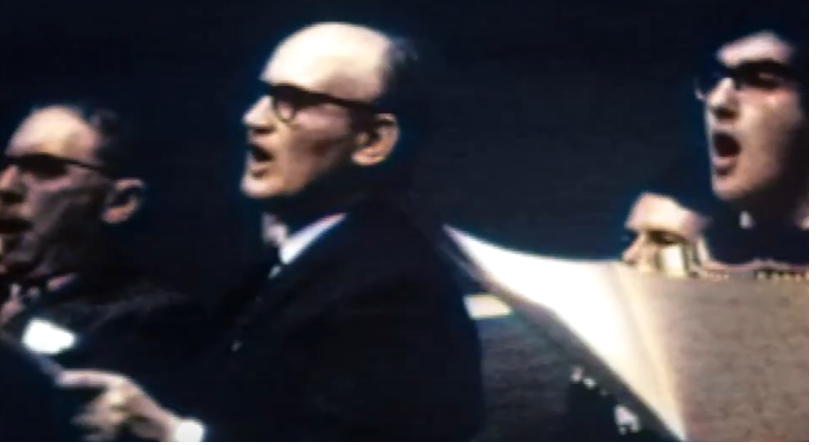
Jan 3 2024 article on YOU CAN’T ALWAYS GET WHAT YOU WANT by Jason Potter: Joe V Letter to the Editor of Far Out Magazine
Far Out Magazinefaroutmagazine.co.uk
Dear Far Out:
All due respect to Jordan Potter, but I managed Jimmy Miller beginning in 1983 and what he told me about”You Can’t Always Get What You Want” is much different than Jordan’s story. Indeed, we were jamming inmy basement on tunes Jimmy played drums on, I on keys, Miller on drums.
See my website: http://joeviglione.com/?page_id=164
60 children in the London Bach Choir? Where is the reference to this? Just go to YouTube to see the actual choir: https://youtu.be/lYckOoEtU14 The little old men and little old ladiesMiller told me about, and the cross fade into the band on record that Miller told me he made, well, it’s not 60children.
It’s revisionist history, Jordan, with information available on YouTube. You can’t just make it up and not show your references. To this long-time rock writer”Hutmaker and many local fans” are not real sources. Who are these “many local fans” ?At the very least, Potter’s story is poorly written and confusing.
Robert Greenfield’s book, EXILE ON MAIN ST., is very clear that standing in line withMick Jagger at the drug store is Producer Jimmy Miller. Potter writes “credence to the theory”when I actually worked with the guy, co-produced, managed and promoted him.
Regards,Joe ViglioneAuthor, FEVER IN THE FUNKHOUSE: THE JIMMY MILLER BIOGRAPHY(currently being written.)
This
article seems off-base… Jimmy Miller told me there were “little old
ladies” singing on “You Can’t Always Get What You Want” the line with
the drug reference “I knew she would meet her connection” https://thebachchoir.org.uk/
Here is what the article states “At the time, the London Bach Choir
consisted of 60 children. Although the singers and their respective
guardians were unaware of the bloodshed and violence elsewhere on the
record,” … Well, I wasn’t there “at the time,” but the website sure
indicates what Mr. Miller said about elder people being in the choir,
and it sure sounds like it. The story in Far Out is written by Jordan
Potter
Wed 3 January 2024 4:00, UK Probably born in the mid-1990s, the Linked In has a picture of a young guy https://www.linkedin.com/in/jordan-potter-9a2051159/
while Far Out calls the writer “Jordan Potter is Far Out Magazine’s
staff writer based in Brighton. His passion for post-punk and pop
culture is only outweighed by a shelf-crippling vinyl addiction.” The
article is confusing and doesn’t quote references.
Here’s Jordan Potter’s claims:
“Luckily
for the Bach Choir, the story contains no Tarantinian bloodbaths.
Instead, legend has it that the character “Mr. Jimmy” was Jimmy
Hutmaker, a famous street drifter from Excelsior, Minnesota. Hutmaker
was mentally disabled and liked to walk several miles every day through
the Excelsior business district. He was cared for by local shop owners
until he died in 2007.
The Stones visited Excelsior during their first US tour in 1964. According to Hutmaker and many local fans, Jagger entered a drugstore in the city to buy a Cherry Coke from a soda fountain. Allegedly, the store didn’t have any Cherry Coke at the time, and Hutmaker, standing behind Jagger in the queue, said, “Well, you can’t always get what you want”. The legend dictates that Mr Jimmy attended the Stones’ next concert in Minneapolis in a private limousine arranged by Jagger himself.
This brief exposure supposedly inspired the song’s leading refrain and the verse lines, “I was standing in line with Mr. Jimmy/ And man, did he look pretty ill”. Earlier in the lyrics, however, Jagger notes that he was at the “Chelsea Drugstore”, a pub on King’s Road in London. This bestows more credence to the theory that Jagger’s Mr Jimmy was, in fact, Jimmy Miller, the Stones’ producer from Let It Bleed to Goats Head Soup. Incidentally, he also performed drums on ‘You Can’t Always Get What You Want’. https://faroutmagazine.co.uk/who-mr-jimmy-the-rolling-stones-lyrics/
Listen to The Rolling Stones’ ‘You Can’t Always Get What You Want’ below.
Joe Viglione
https://robfraboni.blogspot.com/
Reporter Eugene Sylvester (Editor newspapers outside of Boston) interviews Jimmy Miller in the CCI Industry Report.
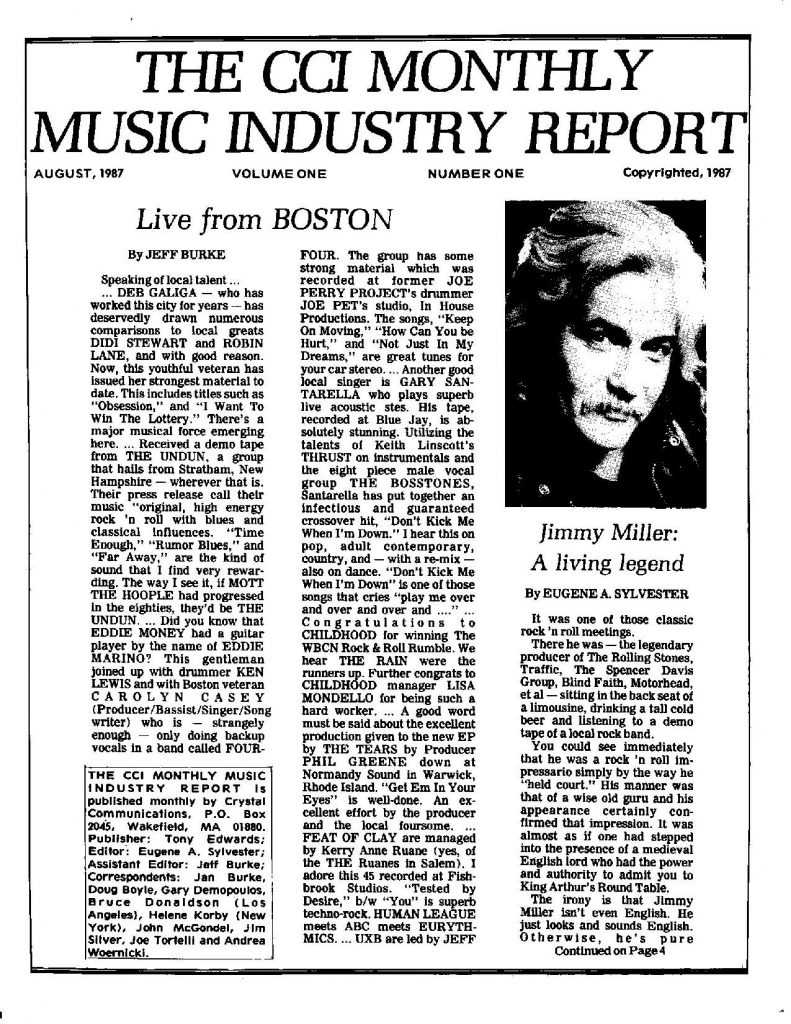
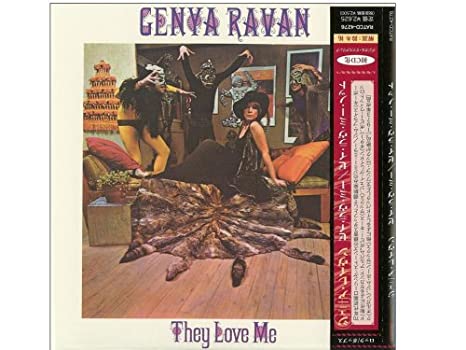
When the late Jimmy Miller was on the top of the world with the Rolling Stones, he was given a ten-album deal with ABC Records resulting in various releases, including a B.B. King album produced by the late Joe Zagarino, material by Bobby Whitlock, and this extraordinary record by the lead singer of Ten Wheel Drive, Genya Ravan. Jim Price and Joe Zagarino produced the album for Jimmy Miller Productions, with Miller producing only two of the 12 titles, the Stones-ish “Southern Celebration” and Eric Clapton/Bobby Whitlock‘s “Keep on Growing.” This is a great setting for Ravan, her impeccable vocals a perfect fit for an album rife with pop and Southern rock. Jimmy Miller produced Delaney & Bonnie & Friends on Tour With Eric Clapton (and George Harrison incognito), and the legendary status garnered by that classic and the Blind Faith album should’ve insured this disc a better fate. Ravan was disappointed that Miller did not produce the entire project, and she has a valid point. Jimmy Miller certainly had supreme intuition, but as with many artists, he lost sight of the business end of things. In retrospect, Zagarino, one of Miller‘s engineers with the Rolling Stones, and Jim Price do a phenomenal job — the Pat & Lolly Vegas tune “When You Got Trouble” is a standout, coming in between the Vegas brothers’ hits with their band Redbone. Van McCoy‘s “Gotta Tell Somebody (‘Bout My Baby,” Richard Carpenter and King Pleasure‘s “Swan Blues,” and two Genya Ravan co-writes with Jim Price, “Don’t Press Me” and “I’ll Be With You,” all present a side of Ravan that is far removed from the jazz/rock of Ten Wheel Drive, except for two tracks. “Under Control” is exhilarating, with Jim Horn‘s flutes actually throwing a little tease of the Ten Wheel Drive sound into the mix; the tune starts funky and slips into stunning pop. “I’ll Be With You” is like a ballad from Ten Wheel Drive, and it is nice that her past is addressed. The majority of this album, though, is a testament to Ravan‘s vocal genius. She would reunite with Jimmy Miller 13 years later in 1986 for the Buddy Guy project, the unreleased album before his breakthrough Damn Right I Got the Blues. The album cover is a trip, with Ravan decked out as a Southern belle, with mimes surrounding her. The inside cover photo and lyric spread is familiar, looking very much like the cover of her And I Mean It album for 20th Century. This is brilliant work from a woman who deserves a bigger piece of the rock & roll pie.
https://www.allmusic.com/album/they-love-me-they-love-me-not-mw0000846571
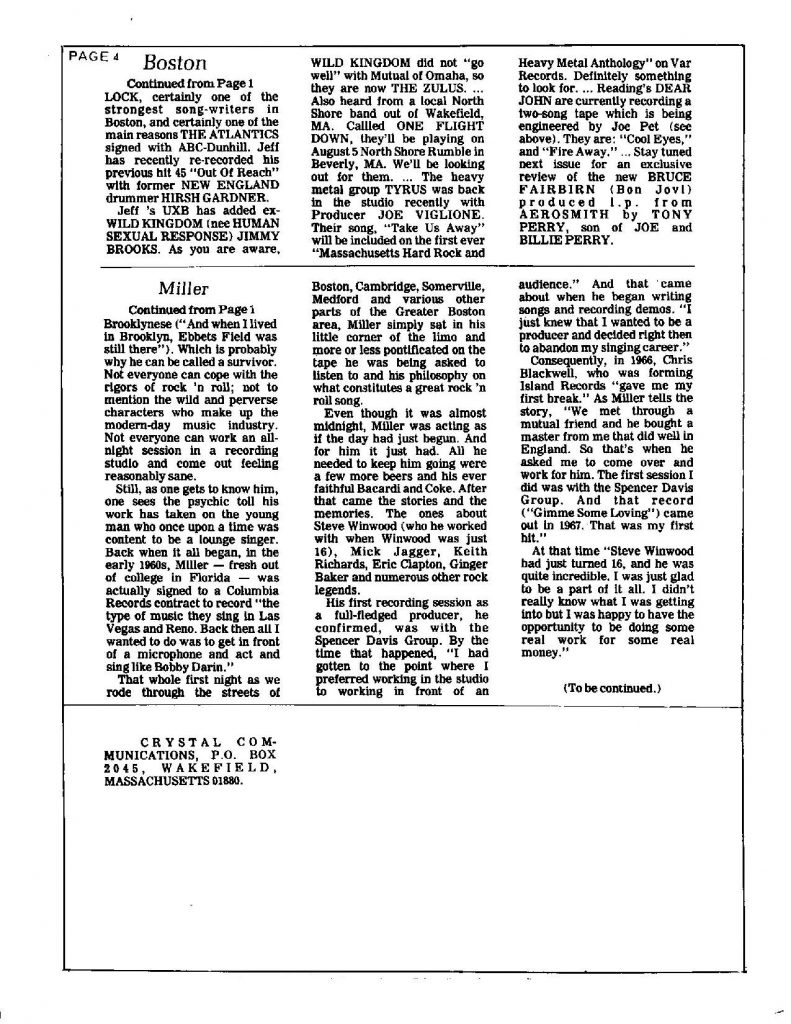
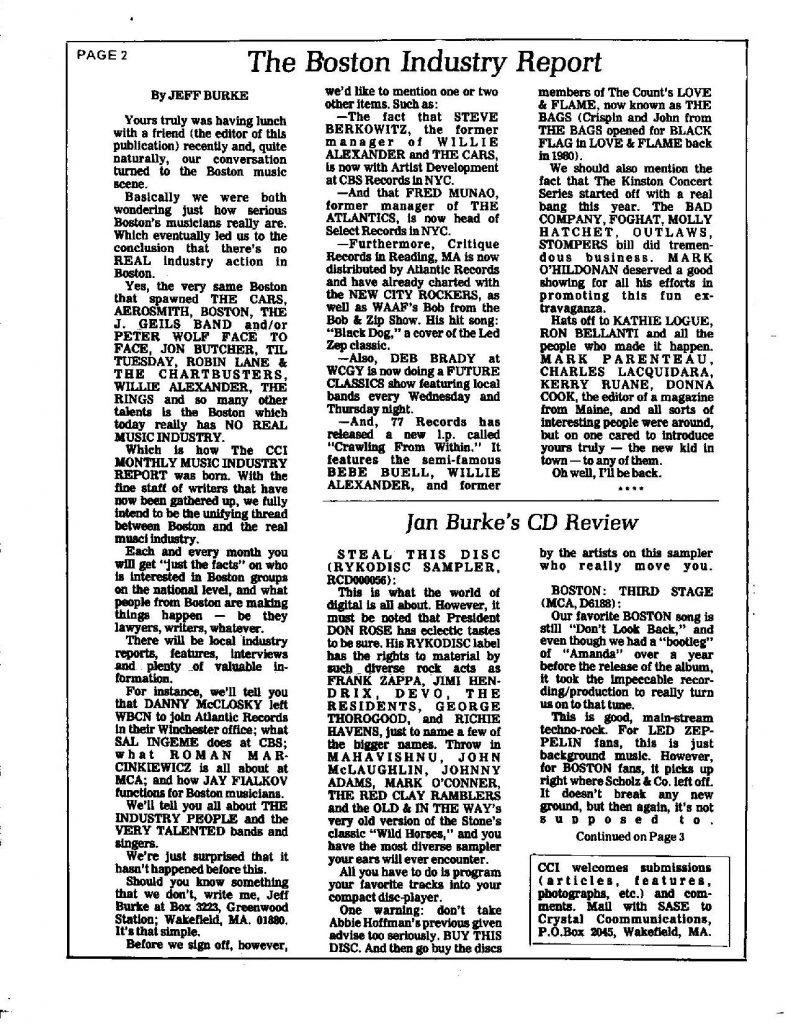
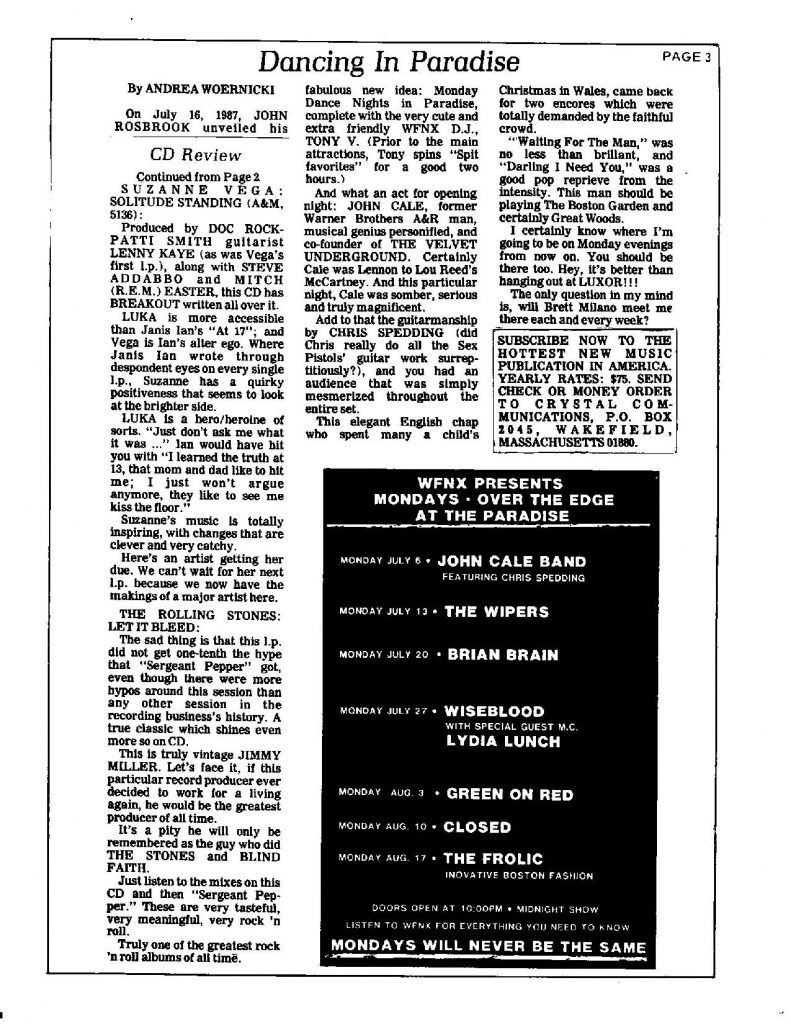
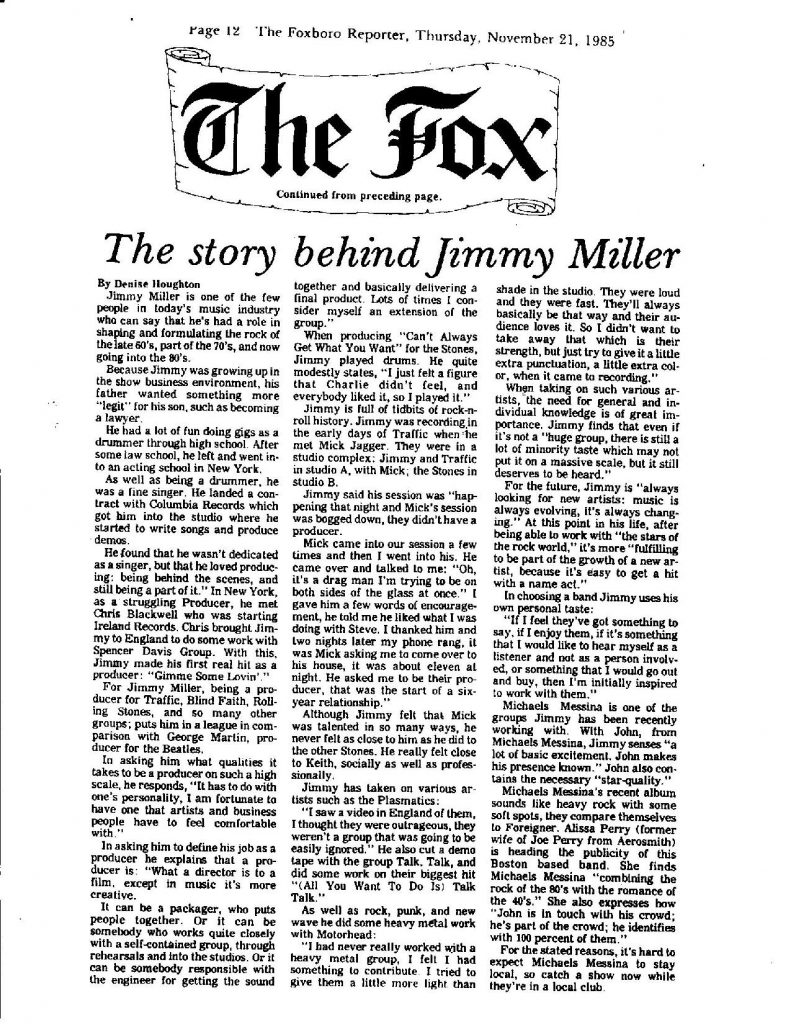
My dear friend Elissa Perry was involved with the publicity but yours truly was in charge…

Much of the immediate post-Rolling Stones work by producer Jimmy Miller was embraced by ABC Records, which gave Miller a lucrative deal to sign talent and release records, and it was clear he had a free hand. Albums by Genya Ravan, Henry Gross, B.B. King, Bobby Whitlock, and others at least had an outlet, but as one colleague put it, “Jimmy had already run the hundred yard dash…and won.” It’s a true rock & roll tragedy that a genius producer didn’t have the ambition to infuse the intuitive elements he put into Spooky Tooth and Traffic into these grooves for Locomotiv G T, thus there are highs and lows on this outing by a unique Hungarian rock quartet. Jack Bruce shows up on harp on “She’s Just 14,” and the songwriting of Tamas Barta, Anna Adamis, and Gabor Presser is sometimes very good. “Rock Yourself” and “Confession” are standouts on side one, as are “Waiting for You” and “Serenade to a Love (If I Had One)” on side two. But there is a void here, and the void seems to be Miller‘s mind perhaps on other things. The album feels like co-producer/engineer Andy Johns is in control, as it has more of his homogenized approach than Jimmy Miller‘s clever rhythms and variety of sounds. Miller adds his percussion to some of the tracks, but not to the level that dripped lots of frosting on “Jumpin’ Jack Flash,” “Honky Tonk Women,” “Loving Cup,” and other delights. That’s the biggest problem with Locomotiv G T — there is no standout hit to draw an audience in, and Miller certainly knew better than to leave an album somewhat naked. “She’s Just 14” is a nice bluesy raver, and Bruce‘s harp is fun, though the really awful packaging probably went a long way to sending this directly to the bargain bins. A silver train inside what looks like foil graces the cover, with a single unrevealing photo of the band on the back. Drummer Joe Laux did go on to become an engineer of note, including work with Michael Jackson, Dionne Warwick, the Average White Band, and others, while the recording also provides evidence as to how wide Jimmy Miller‘s scope was. Like the Savage Rose, this band hailed from Europe, while Kracker was a Santana-influenced band from Cuba or South America. He even discovered American Doug Fieger, who later went on to form the Knack. The major flaw is that Jimmy Miller Productions didn’t seek out hit tunes to launch all these artists, and despite some impressive songwriting skills on Locomotiv G T, there are too many klunkers, like “Won’t You Dance With Me” and “Back Home,” which offset the good tunes and are about as exciting as the dreadful album art. Uneven, it plays like it’s unfinished.
AllMusic Review by Joe Viglione [-]
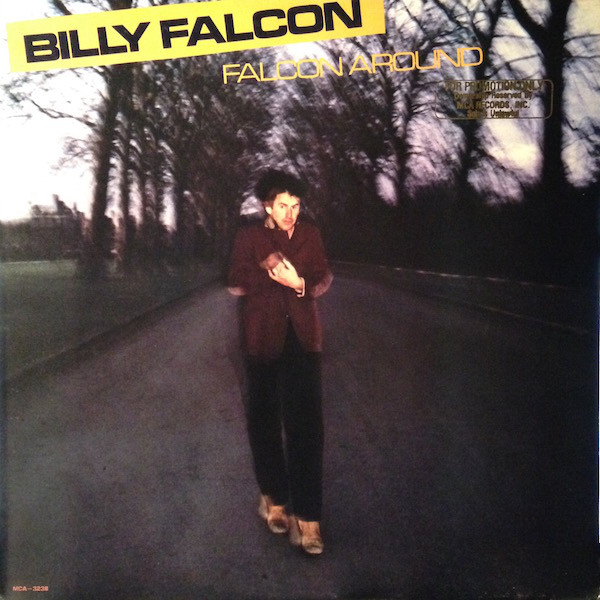
This 1980 album by singer/songwriter Billy Falcon plays a lot like early John Cougar Mellencamp — material that isn’t quite there yet — significant only because it is a rare album from this time period by the legendary Jimmy Miller. Three years before Johnny Thunders‘ In Cold Blood would see the light of day, this album sounds more like Miller discovery Joey Stec than the lead guitarist from the New York Dolls. “Mozambiques, Mozambiques” rips “Rip This Joint” from Exile on Main St., but doesn’t have the musicianship of the Rolling Stones or the chemistry when Jimmy Miller recorded that legendary album in the south of France. Falcon Around, however, was recorded in Olympic Studios in London, where the Stones had much success. It just really never gets off the ground because Billy Falcon‘s talent is nowhere near that of the Rolling Stones, or many other acts recorded by their former producer. Charles Koppelman, who would reshape the ’80s with his SBK company, and Miller’s manager, George Greif, who also managed Jose Feliciano and the New Christy Minstrels, were heavily involved, and with the big boys behind him, it is interesting how this effort by Falcon didn’t have a cover or a song from someone’s publishing catalog or anything that resembles the all important break-through hit. “Not Goin’ Down is appealing in its own way — a very nice album track, but the vocal over does it, despite rather elegant musical production by Jimmy Miller. The waves the producer was making with Motorhead and the Plasmatics was in heavy metal and punk circles, but this is an interesting look at a project of his that didn’t gain much notoriety, and fills in forgotten spaces on his amazing resume. Having seen Jimmy Miller at work, it is hard to picture him accepting a tune like “Businessman’s Lunch” unless the artist was adamant about it. Miller had tremendous ears and would only tell his acts once if he disagreed — after that, you were on your own. There is none of the magic here that he put into so many records, from Traffic to Spooky Tooth and Blind Faith, making this one of the albums which sound like he was there in the room, but not giving much input. The tricks with the echo are far from Miller’s cohesive style and the material is shockingly weak to be endorsed by a heavyweight publisher like Charlie Koppelman. “Holdin’ On” closes out the album, and it is a decent hook as well as performance, following nondescript compositions like “Reaction,” “Rocks in His Head,” and the completely awful “I Don’t Know Nothin’,” which will rank as one of the worst efforts in Jimmy Miller‘s illustrious career. This is another one of those albums you need to own for posterity, but need not play.
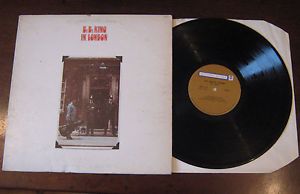
Producer
Ed Michell and Joe Zagarino
from Wikipedia B.B. King in London is the nineteenth studio album by B.B. King, recorded in London in 1971. He is accompanied by US session musicians and various British rock- and R&B musicians, including Ringo Starr, Alexis Korner and Rick Wright (not the same from Pink Floyd), as well as members of Spooky Tooth and Humble Pie, Greg Ridley, Steve Marriott, and Jerry Shirley.
The album was released in the United Kingdom on November 19, 1971 in order to coincide with the first date of King’s tour of the country.[5]
Wright and his female companion Fritz started a short-lived blues-based band Sunrise which came to an end after Wright’s untimely death in a car accident in 1974. Sunrise also included session blues guitarist Paul Asbell. John Lennon had announced that he would perform on some of the tracks, but ended up having no involvement with the album.[6]
